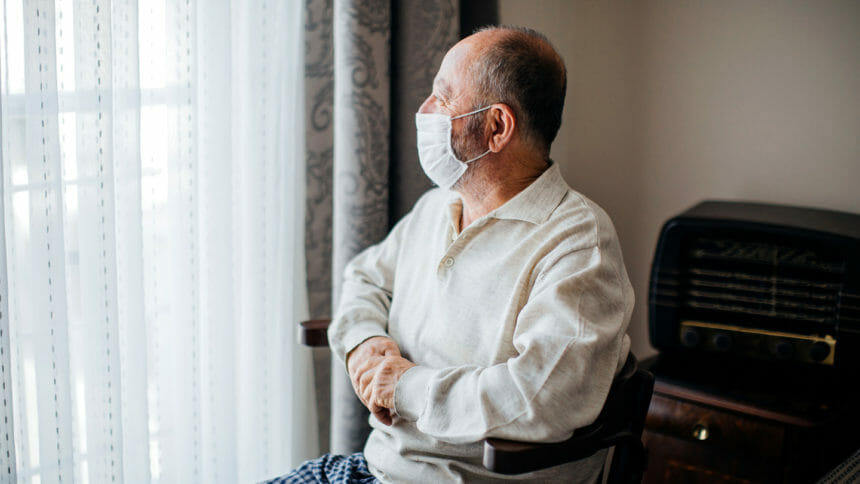
Older adults are delaying healthcare visits for weeks or even months due to the ongoing COVID-19 pandemic, according to a new study. The survey by the National Poll on Healthy Aging shows the continuing effects the pandemic is having on seniors and the long-term impact it could have on their health.
The poll found that 30% of respondents over the age of 50 delayed primary care appointments, dental exams and even operations over fears of infection due to the coronavirus. The study found that many of those who aren’t yet vaccinated against COVID-19 still haven’t gotten preventive care or treatment that they had scheduled in the last year.
Negative impact of delayed healthcare
Jeffrey Kullgren, M.D., associate director of the poll and associate professor of internal medicine at the University of Michigan, said delayed care could prevent early detection of disease and effective management of chronic conditions in older patients.
“The fact that half or more unvaccinated people have not yet rescheduled those disrupted appointments is especially concerning, because every encounter with a healthcare provider is also an opportunity to talk about the benefits and safety of COVID vaccination for older adults,” Kullgren said in a statement.
The survey found a stark difference between vaccinated and unvaccinated older adults when it came to rescheduling appointments delayed by the pandemic. Approximately 44% of unvaccinated older adults have rescheduled an appointment, versus 81% of older adults who have been vaccinated and boosted.
Although the poll didn’t ask respondents to give a specific reason for a delayed or canceled appointment, data collected prior to the availability of COVID-19 vaccines offers insight. An NPHA poll conducted in January 2021 found that a third of older adults canceled or postponed care due to concerns of being exposed to the virus at a healthcare office or facility. A poll in the summer of 2020 found 86% of older adults surveyed feared they would be exposed to the coronavirus if they went to an emergency department.
With the recent surge in COVID-19 infections on the decline, Kullgren said it is important that seniors get back on track with the care that the pandemic disrupted.



